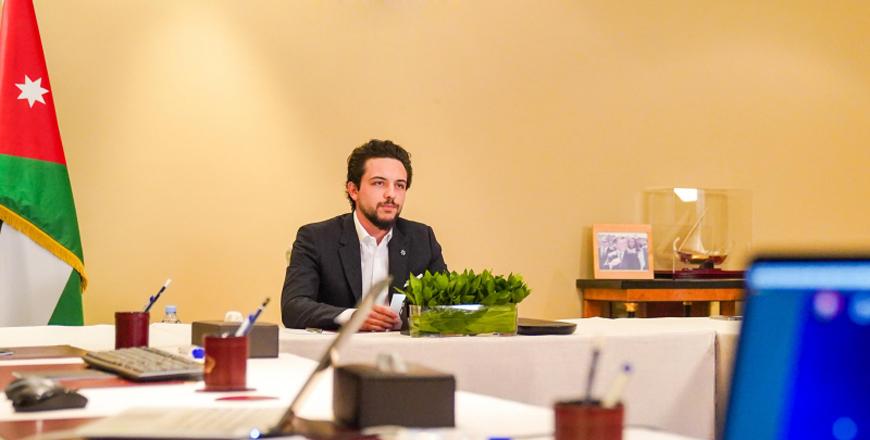You are here
Startup scene needs support, guidance — stakeholders
By Suzanna Goussous - Jul 29,2018 - Last updated at Jul 29,2018
AMMAN — The World Bank (WB) will work hand-in-hand with stakeholders and entrepreneurs to improve the ecosystem of startup companies in Jordan and the region, WB Vice President for the Middle East and North Africa Ferid Belhaj said on Sunday.
During a meeting with entrepreneurs, startups and school and university students at the Zain Innovation Campus, Belhaj stressed the bank’s keenness to invest in ambitious, educated and cultured youth in the region.
For Ahmad Hanandeh, chairman of the board of startup companies, the gaps between investors, businesspeople and entrepreneurs and startup companies in the Kingdom must be bridged through collaboration between sector leaders.
“The entrepreneurial ecosystem in Jordan that started ten years ago, although it is not framed and structured in its final shape, still incubates people from all around the region,” Hanandeh said.
According to Sima Najjar, from Dezain Space, a startup for designers that has been supporting over 70 designers for a year, follow up must be done to help young talents in Jordan. “We noticed that Jordanians have the passion, yet they need someone to take it to the next level, [give them] access to investments, to take further steps,” she said.
“The biggest challenges to the sector are universities and aligning them with the same requirements as the job market through the right tools,” another entrepreneur commented, noting that challenges for Jordanian universities also include not having up-to-date curricula, lack of financial support and no access to policymakers to introduce change to the job market.
For his part, entrepreneur Laith Al Qassem, who has been working and investing in the startup scene for 30 years, said more work needs to be done in the middle management area.
“There is a missing link between the understanding of policy and the implementation of laws. All of the startup companies suffer from random interpretation of the law,” he highlighted, explaining that the interpretation of laws can help create or reduce jobs, investments and exports.
Belhaj stressed the importance of debating ideas and projects with officials in order to achieve the change sought for the country.
“If you are in a situation where your innovation or industry is not predictably regulated, why would you want an investor to come and put money into it?” Belhaj stated, explaining that the sector needs to make sure to create a framework that would not only help move forward but also for investors to trust the sustainability of projects.
Meanwhile, executive director of the Business and Professional Women Association, Thanaa Khasawneh, said more attention should be paid to women in business.
“If you look at the percentage of women’s participation in the work place, you can see it is 17.1 per cent and, from this percentage, we only have 1.6 per cent businesses led by women,” Khasawneh said.
Belhaj agreed with the executive director, saying: “Jordanian women are highly educated; when you look at the rates of education and success, then when you look at their impact on the job market, it is [very low].”
Related Articles
AMMAN — His Majesty King Abdullah on Wednesday met with a group of start-up founders at Al Husseiniya Palace.King Abdullah expressed pride i
AMMAN — HRH Crown Prince Hussein on Wednesday attended the launch of “Jordan Source”, which seeks to promote regional and international inve
AMMAN — The Jordanian start-up ecosystem, ranked 3rd in the Middle East & 64th globally, has gained both regional and international reco


















